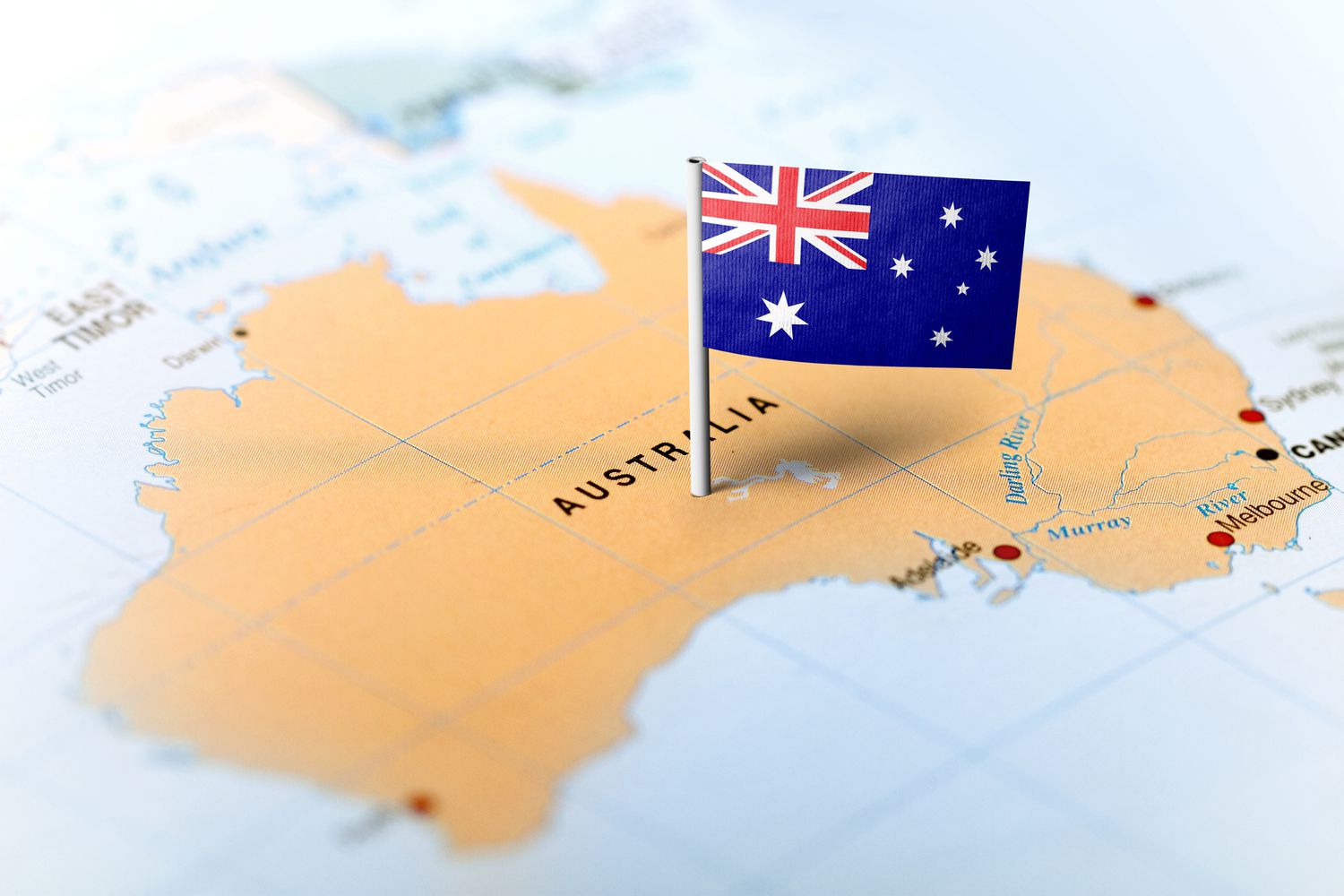AJ took away two slot machines in the Caranavi municipality, La Paz. The seizures in 2025 now reach 85 devices from 61 operations.
Main Information
- Bolivia’s Gaming Control Authority (AJ) captured 85 unlawful gaming devices via 61 operations in 2025. Two slot machines came from the Caranavi municipality during the latest action.
- Fines reach 5,000 UFVs for each captured device.
- AJ wants citizens to report unlawful gaming through its website and local WhatsApp numbers.
Restaurant Caught Concealing Unlicensed Gaming Operations
Bolivia’s Gaming Control Authority (AJ) took two unlawful slot machines from the Caranavi municipality in La Paz. The action continues their fight against gaming without licenses. AJ discovered the machines in Alcoche. A restaurant hid the gaming activities inside its premises. Officials identified the business manager. This person must now go through administrative procedures for keeping gaming equipment without proper authorisation.
Bolivia has now captured 85 unlawful gaming devices this year. These came from 61 different enforcement operations across the country. Running machines without licenses brings fines of 5,000 Housing Promotion Units (UFVs) per machine. Legal problems may also follow these financial penalties. Some operators trick business owners with fake profit guarantees to place unlawful machines. This activity breaks the law and brings punishment.
Santa Cruz Leads Bolivia in Illegal Gaming Device Seizures
The Santa Cruz department has the most unlawful device captures, according to AJ. Public tips help AJ’s enforcement work succeed. Many operations start after people send anonymous information to authorities. People can report suspicious gaming locations through AJ’s main website. Regional WhatsApp numbers also accept these reports from concerned citizens.
Bolivia’s actions match similar work throughout Latin America. Governments protect legal gaming income while stopping unauthorised businesses from operating. Colombia’s Coljuegos gave out a keno license recently. This agreement will create $485m within five years for the country.

 Companies
Companies 





